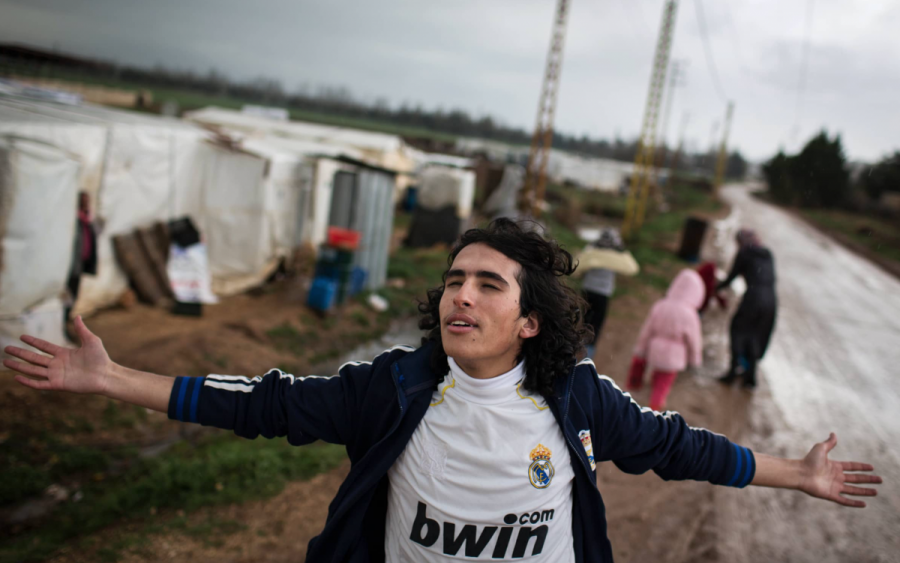Concordia Alumna Brings United Nations Travelling Film Festival to Montreal
‘Through My Eyes: Hani’s Journey’ Was Presented At the McCord Museum
Born in Egypt, Grace Sebeh Byrne moved to Montreal when she was three. She has been passionate about art her entire life, and found herself attracted to social and human stories, and human rights issues.
This September, the Concordia alumna brought to Montreal the Travelling Film Festival that is a part of the United Nations Association Film Festival.
On Sept. 21 at the McCord Museum, four award-winning films that tap into global social issues were presented.
“My hope is that once we’re all more educated a little more and looking into an issue, it leads to compassion,” said Byrne. “With that compassion it propels you to take action.”
She added that she wants the audience to leave feeling hopeful and empowered to act.
The UNAFF TFF is an extended branch of the UNAFF. It was founded by Jasmina Bojic 22 years ago in California.
UNAFF lasts for 11 days, and then travels with select films from the original festival as the TFF, with multiple locations around the world: such as Milan, Paris, and now, Montreal.
Over the past year, Byrne had familiarized herself with the UNAFF, and thought that it was an incredible way to combine the artistry of documentary making and storytelling—it combined art with issues that resonated with her as well.
Bojic is a film critic and professor at Stanford University. She wants to use documentaries as an educational purpose.
“We learn and grow up with images,” she said. “It is knowledge to be aware that everything is in it.”
UNAFF’s goal is to establish education for “human rights, a sense of humanity, rights and connections,” explained Bojic.
Through My Eyes: Hani’s Journey directed by Zahra Mackaoui
In this documentary, Hani Moulia, a legally blind Syrian refugee documents the experience of his three year stay at a camp in Lebanon through the lens of a camera.
Moulia desires to spread positivity and light about these serious issues.
“My hope is that once we’re all more educated a little more and looking into an issue, it leads to compassion. With that compassion it propels you to take action.” — Grace Sebeh Byrne
“Refugees weren’t born refugees unless they were birthed in the camp. […] [Survivors] had a normal life before and went back to having a normal life,” said Moulia.
He has debuted his photography at a gala in Toronto, participated in public speaking, and is now a part of the Prime Minister’s Youth Council. Moulia earned a scholarship and is studying computer engineering at Ryerson University, relocating from Saskatchewan to Ontario.
Mackaoui met Moulia in 2014 to film a small report for United Nations High Commissioner for Refugees. When she heard the news that Moulia’s family was moving to Canada, she decided to document his journey.
Mackaoui, a British-Lebanese filmmaker, has spent over 15 years making films about the Middle East and North Africa. Mackaoui began filming the Syrian refugee crisis for UNHCR in the beginning of 2013. Her initial six months contract transformed into a five year journey as the crisis hit international headlines.
Mackaoui knows there is a lot of stigma surrounding refugees, “categorizing them and polarizing them with negative stereotypes.”
She wants to help negate these stereotypes by using her documentary as a platform, claiming that “Hani’s story shows how really, the reason that push people that flee from their home countries, and how given the right opportunity, they can be exemplary members of any community.”
“It’s my hope that people who see this film will be inspired by Hani and examine some of the preconceptions and ideas that they might have about refugees, during a very divisive period politically.”
What should the audience get from attending UNAFF? Bojic said that people should “get an idea about what’s happening in the world [to be] engaged. Talk about what you’ve seen with friends—as you cannot talk if you don’t know.”



